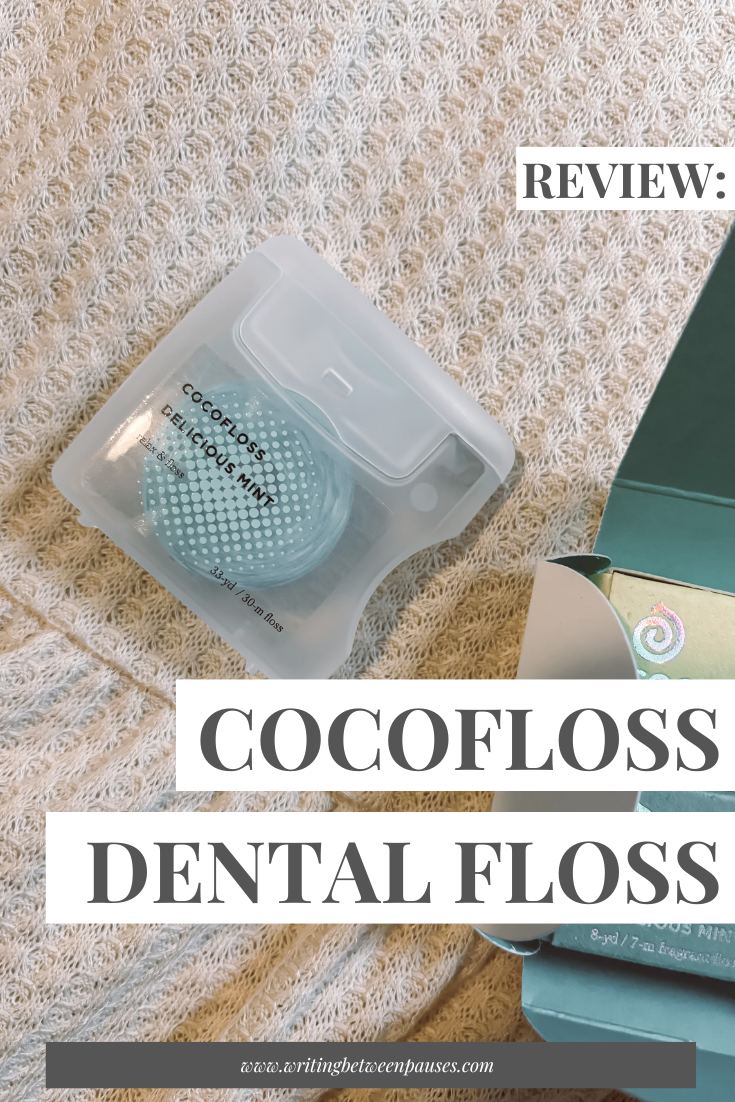Do you ever impulse buy something that turns out to be done of the best decisions you ever made?
That's about how I feel about this book: A Book That Takes Its Time, by Irene Smit and Astrid van der Hulst. I bought this on impulse at Target in late March; it was on sale, it looked pretty, and I was intrigued by the mini notebook that the book opened to automatically. (They know how to sucker me in, honestly.) It was only when I got home that I realized this was more than a fun journaling book; it was a book dedicated to helping people learn mindfulness in a way that is creative and helps ease anxiety.
“Take time to breathe. Take time to create. Take time to reflect, take time to let go. A book that’s unique in the way it mixes reading and doing, A Book That Takes Its Time is like a mindfulness retreat between two covers.
Created in partnership with Flow, the groundbreaking international magazine that celebrates creativity, beautiful illustration, a love of paper, and life’s little pleasures, A Book That Takes Its Time mixes articles, inspiring quotes, and what the editors call “goodies”—bound-in cards, mini-journals, stickers, posters, blank papers for collaging, and more—giving it a distinctly handcrafted, collectible feeling.
Read about the benefits of not multitasking, then turn to “The Joy of One Thing at a Time Notebook” tucked into the pages. After a short piece on the power of slowing down, fill in the designed notecards for a Beautiful Moments jar. Make a personal timeline. Learn the art of hand-lettering. Dig into your Beginner’s Mind. Embrace the art of quitting. Take the writing cure. And always smile. Move slowly and with intention through A Book That Takes Its Time, and discover that sweet place where life can be both thoughtful and playful.”
I've been pretty open about my mental health here on my blog (although there are certain things I am hesitant to share and I still wonder if my mental health story would be more full if I shared them--but c'est la vie, right now, I'm not sure if I want them as part of my public history). I've shared about my postpartum depression. I've shared the habits I've started to help reduce my anxiety, as well as tips to reduce stress. I've written about how staying creative helps me be a better mom. I've talked on Instagram about how I struggle with boredom (I get bored very easily, but with a toddler to manage, it's hard to actually dedicate myself to projects), as well as perfectionism and imposter syndrome. I feel like I always need to be busy in order to feel productive--and when I'm not productive, I turn to destructive behaviors, like stress eating and napping throughout the day, which only compounds my feelings of boredom and disappointment in myself.
At the center of A Book That Takes Its Time is the idea that it is ok to slow down; it is ok to not be working every waking hour, even though it has been drilled into us (especially us millennials) that being productive matters more than anything else. That being busy is a competition and if you admit to not being busy, you have somehow failed.
Each chapter walks you through a specific part of learning to be more mindful about the world around you. About letting yourself just sit in silence for a little while, instead of scrolling through your phone while watching TV. About learning to name the plants and animals you see outside your home, so you can more fully connect to the natural world. About learning hobbies, like lettering and collaging, that give you time to disconnect from the digital world and unwind.
Learning mindfulness, especially for someone like me who finds themselves thinking of 100 things every second of the day, can be a real challenge. But also at the heart of A Book That Takes Its Time is the idea that once you allow yourself to really relax and be mindful, you actually get more done in the time that you're working. That thought is somewhat revolutionary to me: I tend to think of work as a glass to fill up, that can never overflow. But if you're constantly overflowing, you never really fill the glass.
I really enjoyed working on all the chapters and activities in this book. It has helped me to relax and really unwind in the evening (instead of lying in the bathtub pretending to relax, but really listening to a marketing podcast and answering emails at the same time). There are some activities I have skipped--like lettering, which is very labor intensive and sparks some feelings of perfectionism for me--but I've otherwise enjoyed just about everything, from learning the names of plants and animals to working on a 30-day writing journal. It has helped me to get back into bullet journaling and feeling passionate about art journaling in the evening. And as a bonus, I have gotten more done since then.
I don't want to make a grand statement like, this book totally helped my anxiety! That's just not true. I'm still anxious most days. I still struggle with boredom during the day with Forrest and I've yet to find a good solution for that. However, I found reading this book very relaxing and gave me some methods to deal with my feelings of guilt surrounding being busy and working, as well as dealing with my anxiety.
If you're interested, this is a great book for those wanting to learn about being mindful, especially if you're a bit high strung (like me). You can find it on Amazon here.














